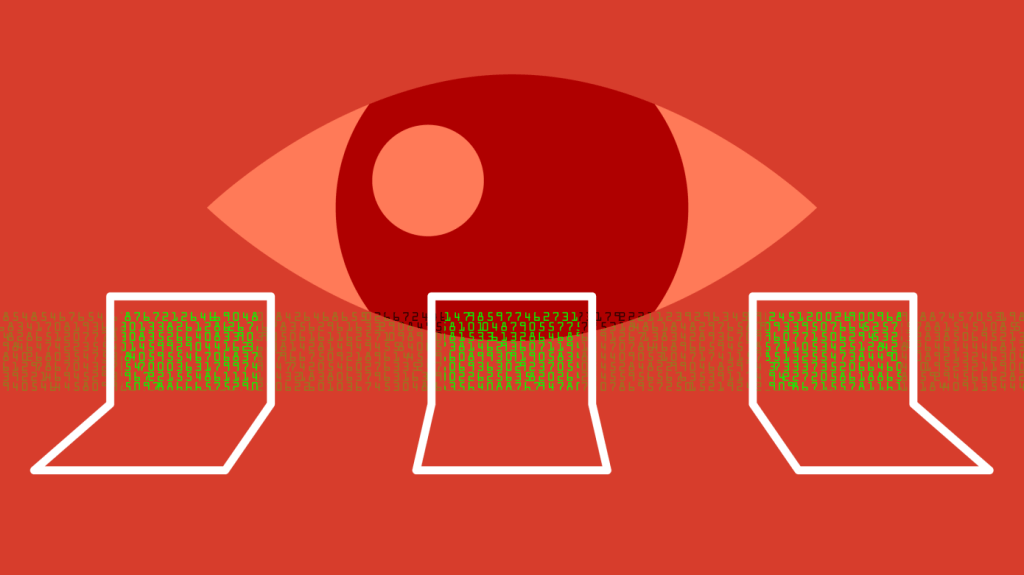Spyware Maker Memento Labs Admits Government Client Misused Its Malware
Article Text:
In a recent development that has sent ripples through the cybersecurity community, Memento Labs, a prominent spyware manufacturer, has acknowledged that one of its government clients was caught misusing its malware. This admission has reignited debates over the ethical implications of commercial spyware and the responsibilities of its creators.
Background on Memento Labs
Memento Labs has long been a significant player in the surveillance technology sector, providing sophisticated spyware solutions to various governmental agencies worldwide. Their tools are designed to infiltrate digital devices, enabling clients to monitor communications, access sensitive data, and track individuals’ movements. While these tools are often marketed for national security and law enforcement purposes, their potential for misuse has been a persistent concern among privacy advocates.
The Incident Unveiled
The controversy came to light when reports surfaced about a government entity employing Memento Labs’ malware in operations that violated both ethical standards and legal frameworks. The specifics of the misuse remain undisclosed, but the implications are profound. Such incidents underscore the potential for surveillance tools to be exploited beyond their intended purposes, leading to significant breaches of privacy and human rights.
CEO’s Response
In response to the allegations, Memento Labs’ CEO issued a statement expressing deep concern over the misuse of their technology. He emphasized that the company provides its tools with the expectation that clients will adhere to strict ethical guidelines and legal boundaries. The CEO stated, We are committed to ensuring that our products are used responsibly and in accordance with the law. Any deviation from this is unacceptable.
Industry Repercussions
This incident is not isolated. The spyware industry has faced increasing scrutiny over the years due to similar cases of misuse. For instance, in early 2024, government hackers exploited unknown vulnerabilities in Apple’s iPhone operating system to target victims with spyware developed by a European startup. This campaign involved the use of zero-day vulnerabilities, which are flaws not known to the software vendor at the time of exploitation. ([techcrunch.com](https://techcrunch.com/2024/02/06/government-hackers-targeted-iphones-owners-with-zero-days-google-says/?utm_source=openai))
Such events have led to calls for more stringent regulations and oversight of the spyware industry. Critics argue that without proper checks and balances, the proliferation of surveillance tools poses a significant threat to individual privacy and civil liberties.
Ethical Considerations
The ethical implications of commercial spyware are multifaceted. On one hand, these tools can be instrumental in combating terrorism, organized crime, and other serious threats. On the other hand, their potential for abuse is undeniable. The lack of transparency and accountability in the deployment of such tools exacerbates the risk of misuse.
Privacy advocates have long warned about the dangers of unchecked surveillance technologies. They argue that the existence of these tools creates an environment where governments and other entities can infringe upon individual rights with impunity. The recent admission by Memento Labs adds weight to these concerns, highlighting the need for a balanced approach that considers both security needs and human rights.
Regulatory Landscape
In response to growing concerns, some governments have begun to implement regulations aimed at controlling the use and export of surveillance technologies. These measures include licensing requirements, end-use monitoring, and restrictions on sales to countries with poor human rights records. However, enforcement remains a challenge, and the global nature of the spyware market complicates regulatory efforts.
The Path Forward
The Memento Labs incident serves as a stark reminder of the delicate balance between security and privacy. It underscores the necessity for companies in the surveillance industry to implement robust ethical guidelines and for governments to establish clear legal frameworks governing the use of such technologies.
Moving forward, a collaborative approach involving industry stakeholders, policymakers, and civil society is essential. Transparency, accountability, and respect for human rights must be at the forefront of any discussion regarding the development and deployment of surveillance tools.
Conclusion
The admission by Memento Labs that one of its government clients misused its malware is a significant development in the ongoing debate over surveillance technologies. It highlights the urgent need for ethical considerations and regulatory measures to prevent the abuse of powerful tools that, while designed for security purposes, can easily be turned against the very individuals they are meant to protect.



